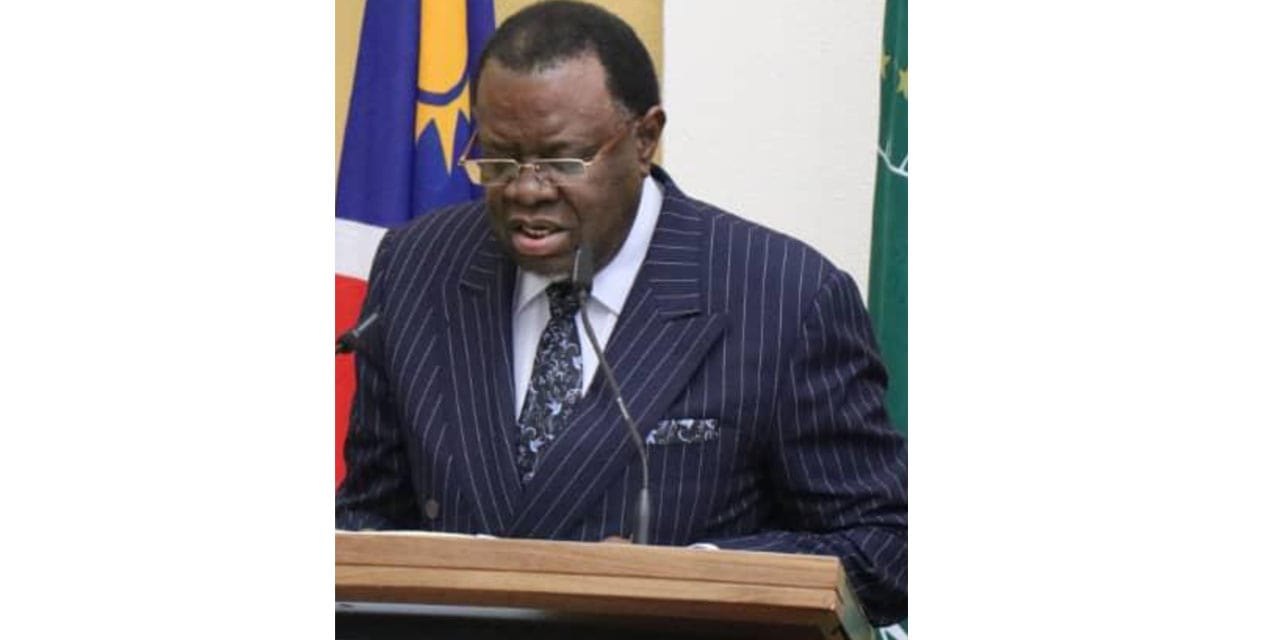Martin Endjala
President Hage Geingob has continued his crusade for against Africa’s exclusion from the United Nations Security Council, labelling it as unjustice.
Geingob is of the opinion that, for as long as the Security Council fails to reflect in its stature and composition, it will not be able to adequately address global concerns.
Hence, he reiterates on the call for the reform of the Security Council, in line with the Common African Position.
Geingob stressed that the United Nations was created for the maintenance of peace and security, and should lead a peaceful resolution in the Russia-Ukraine conflict.
The president expressed these sentiments during his address at the 77th session of the UN General
Assembly on Wednesday, September 21 in New York.
Furthermore, Namibia, as a member of the AU Peace and Security Council and Chair of the SADC Organ on Politics, Defence and Security Cooperation, continues to demonstrate its commitment to regional and continental stability by advocating for the advancement of infrastructure for peace, democracy and the protection of human rights, said the Namibian Head of State, further pledging the country’s unwavering solidarity for nations that continue to bear the heavy brunt of sanctions.
Turning to climate change, Geingob said the health of the planet is in serious jeopardy. ‘’Home is on fire, as it experiences unprecedented impacts of climate change, including severe droughts and ravaging veld fires. Time is a luxury we do not have. We have to act decisively to reduce carbon emissions as our contribution to the preservation of our planet and people”.
Namibia, like many developing countries, remains vulnerable to the asymmetrical impacts of climate change.
Therefore, at COP 27, Namibia plans to announce major developments in its ambitions to decarbonize global hard-to-abate sectors through the production of green hydrogen, with the first Hydrogen-to-Power project in Africa expected to be operational by 2024 in Swakopmund, Namibia.
The President further stated that a just energy transition is about fair opportunities for developing nations to sustainably access natural endowments at their disposal.




